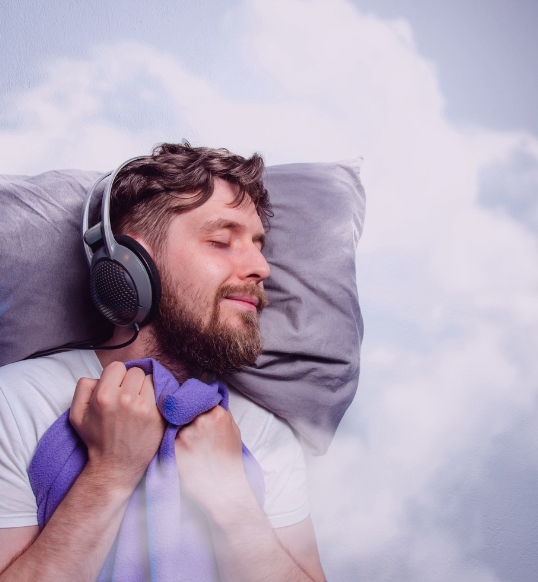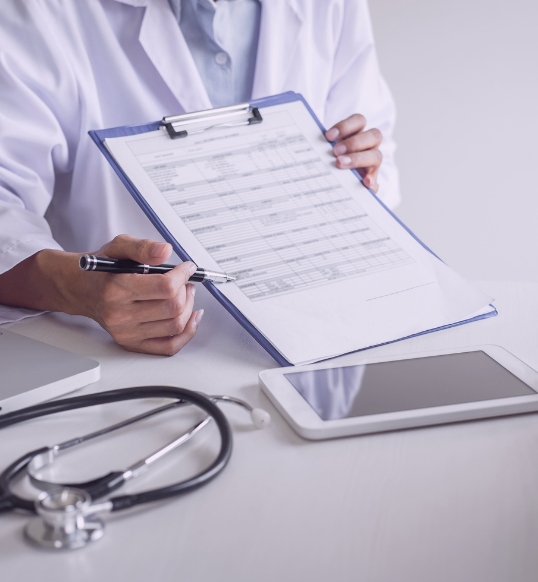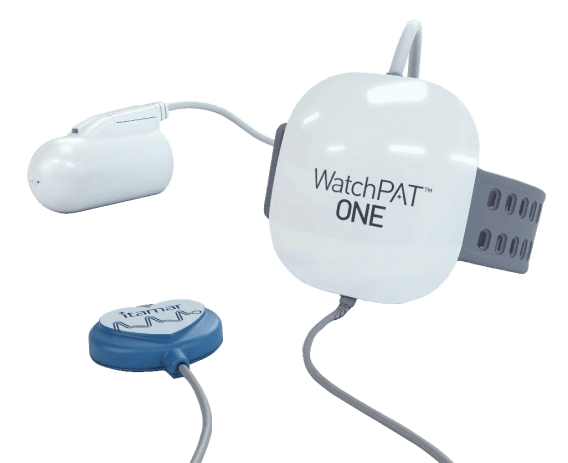

Sleep Apnea Tests Australia
Suffer from sleep apnea? It's time to sleep in peace.

We're on a mission to make sleep Apnea treatment as accessible, easy and convenient as possible for those who are struggling.



Sleep apnea is a debilitating condition that is often linked with

Snoring
50% of snorers have obstructive sleep apnea
50% of snorers have obstructive sleep apnea

Tiredness
Fragmented sleep and diminished sleep quality
Fragmented sleep and diminished sleep quality

Erectile Dysfunction
Impacts testosterone levels; 69% of ED sufferers have sleep apnea
Impacts testosterone levels; 69% of ED sufferers have sleep apnea

Stress
Elevated levels of the stress hormone, cortisol
Elevated levels of the stress hormone, cortisol

Cardiovascular Problems
Increases the risk of death from heart disease by 5 times
Increases the risk of death from heart disease by 5 times

Type II Diabetes
Found in 83% of type II diabetic sufferers
Found in 83% of type II diabetic sufferers

Mood Changes
Anxiety and depression are linked to untreated sleep apnea
Anxiety and depression are linked to untreated sleep apnea

High Blood Pressure
The sympathetic nervous system goes into overdrive causing heart stress
The sympathetic nervous system goes into overdrive causing heart stress

Take the First Step to Better Sleep
An Australian sleep apnea testing and diagnosis is required in order to obtain CPAP treatment or another form of sleep apnea therapy.
A sleep apnea test Australia can be initiated with or without a referral from your GP.
You can also choose where to take your test, either:
- at home in your own bed or
- under the supervision of an overnight sleep clinic
Taking a test is the only way to confirm and diagnose sleep apnea.

Getting Answers
Your sleep test report includes treatment recommendations or alternate next steps from the reporting sleep specialist.
This report can be discussed with your GP or health professional.
Use your Sleep Test Report as an onward referral to access sleep apnea treatment options.
Still Unsure If You Need
a Sleep Test?


Weighing Up Testing Types
Which one is right for you?
Sleep lab studies are facilitated by clinicians and assessed by sleep scientists. They require a referral and the process can take some time to get a result.
This can be a frustrating experience when you want to get results quickly.
Luckily home testing has come a long way and it’s no longer necessary to conduct sleep apnea tests in a clinical setting.
Choosing a Test
Option
01
Speed &
Convenience
- At home sleep apnea tests are fast and convenient.
- Test results emailed to you within 48hours.
- Order equipment online and have it posted to your chosen address.
- Start device via mobile app.
- No GP referral required.
- Analysed and sleep report written by an Australian Sleep & Respiratory Physician.
- Perfect for the time-poor person wanting to expedite getting tested, get results fast, and receive treatment recommendations within 48 hours.
Option
02
Collect a test from a clinic
- Prefer to visit a clinic to collect sleep test equipment.
- Arrange a referral from your GP first.
- Allow time to book an appointment and allow time to await sleep test results.
- Drop equipment back the next day.
*Appointment booking currently only available in Australia.
Option
03
Stay
Overnight
- Overnight sleep tests typically conducted in a hospital setting require a referral from your GP to organise an appointment with a sleep specialist.
- Ideal for a person unable to apply the equipment themselves or perhaps with complex medical issues.
- Allow time to book appointment with sleep specialist and time to book a bed for sleep test.
Compare the tests
| Consideration | Sleep apnea lab studies | At home sleep test |
|---|---|---|
1
Testing location
|
Hospital lab |
Comfort of your own home |
2
Results without nee for a Specialist Appointment
|
|
|
3
Does not require a sleep test in-clinic for results
|
|
|
4
Speed of results
|
Depends on availability; can have significant delays |
Faster access with a typical 48-hour turnaround |
5
Does not require a GP referral
|
|
Only sometimes |
6
Type of equipment used
|
Not portable; requires assistance to attach and detach |
Self-applied and portable for comfort in the night |
7
Does not require supervision and observation during test
|
|
|
8
Freedom to set your own sleep schedule
|
Must comply with lab requirements |
Set your own sleep schedule |

The past decade has seen a growing trend in the market favoring at-home sleep testing and the emergence of sophisticated testing equipment including The WatchPAT. These types of devices don't require a referral and can determine whether or not you have sleep apnea in a single night!

Introducing the WatchPAT
Home sleep test equipment that sits on your wrist while you sleep, just like a watch.
The WatchPAT: How it works
A convenient, quick and simple option to diagnose sleep apnea.
1
It’s connected to a reader which sits over the index finger. This reader is able to measure up to 7 different aspects (PAT signal, heart race, oximetry, actigraphy, body position, snoring, and chest motion).
2
The raw data obtained is downloaded, and reviewed by a qualified Sleep & Respiratory Physician.
3
A report is generated detailing obstructive and central sleep apnea events. This gives information on True Sleep & Sleep Staging.

Order your WatchPAT ONE today
Aggregate information from the WatchPAT ONE can diagnose sleep apnea with a high percentage of accuracy.
What People Are Saying on Google
Still Unsure If You Need
a Sleep Test?

Resources & Information
Sleep Apnea Specialists In Your City
Sleep apnea specialists are not all the same. Assessment and treatment of sleep apnea can be guided by a doctor, a dentist or a whole-of-...
Is Mild Sleep Apnea Dangerous?
Have you been diagnosed with mild sleep apnea and are wondering what it means for you?
Or, perhaps you suspect you might have sleep apnea but your si...


